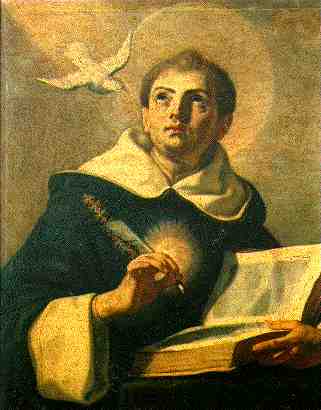Please join the Theology Workshop for this quarter’s thematic panel presentation and discussion, “Discourse Destabilized: Theopraxis and Ministry,” Tuesday, May 1, 12:00-1:30, in Swift Hall 106 (note the unusual day).
Theology is often conceived of as specialized discourse that occurs primarily in institutions of higher learning or by dedicated commissions of religious organizations (e.g. the Roman Catholic Church’s Congregation for the Doctrine of the Faith, the doctrinal commissions of Protestant churches, or even the Faith and Order Commission of the World Council of Churches). This has led to a perception that it is largely irrelevant to the leadership of religious communities, both on the part of some religious leaders and some professional theologians. But is this view not distorted? Continuing to explore our spring quarter theme of “Theopraxis,” the Theology Workshop will host a panel to test the hypothesis that practices of ministry — from the sanctuary to the town hall, from coffee hour to hospice care — are inherently theological. They destabilize the expectations of theological discourse, while being themselves acts of theological production that create new possibilities for discourse. For this event, we are honored to host three astute professional religious leaders, who also have extensive knowledge of academic theological inquiry, to lead the discussion through the lenses of their experience.
Panelists
Andrew Packman is a third-year M.Div. student at the Divinity School and will be ordained as a minister in the Christian Church (Disciples of Christ) this August. In addition to beginning his PhD in Theology next Fall, Andrew is working with two members of his cohort to plant a church on Chicago’s near north side.
Maurice Charles is a Ph.D. candidate in History of Christianity writing on the English Reformation. Before returning to the Divinity School, from which he received his M.Div. in 1990, he was Associate Dean for Religious Life at Stanford University, and is currently an assisting priest at Church of the Atonement (Episcopal) in Chicago.
Teresa Hord Owens is the Dean of Students in the Divinity School, where she received her M.Div., and Pastor of First Christian Church (Disciples of Christ) in Downer’s Grove, IL. Rev. Owens was ordained into the Christian Church (Disciples of Christ) in July 2003. Prior to being called into ministry, she was an IT specialist with SBC America, Ernst and Young, IBM, and Blue Cross Blue Shield. She currently serves on the Board of Trustees at Christian Theological Seminary in Indianapolis.
No preparation is necessary. Lunch will be provided. Persons with a disability who would like assistance, please contact Kyle Rader in advance at kgr@uchicago.edu.


 Wednesday, April 11, 4:30 PM
Wednesday, April 11, 4:30 PM